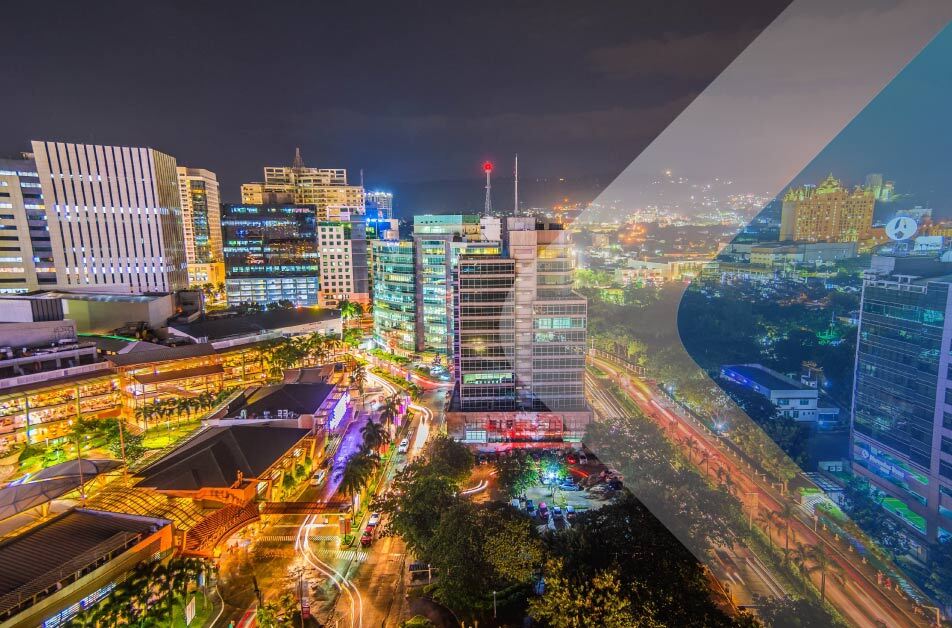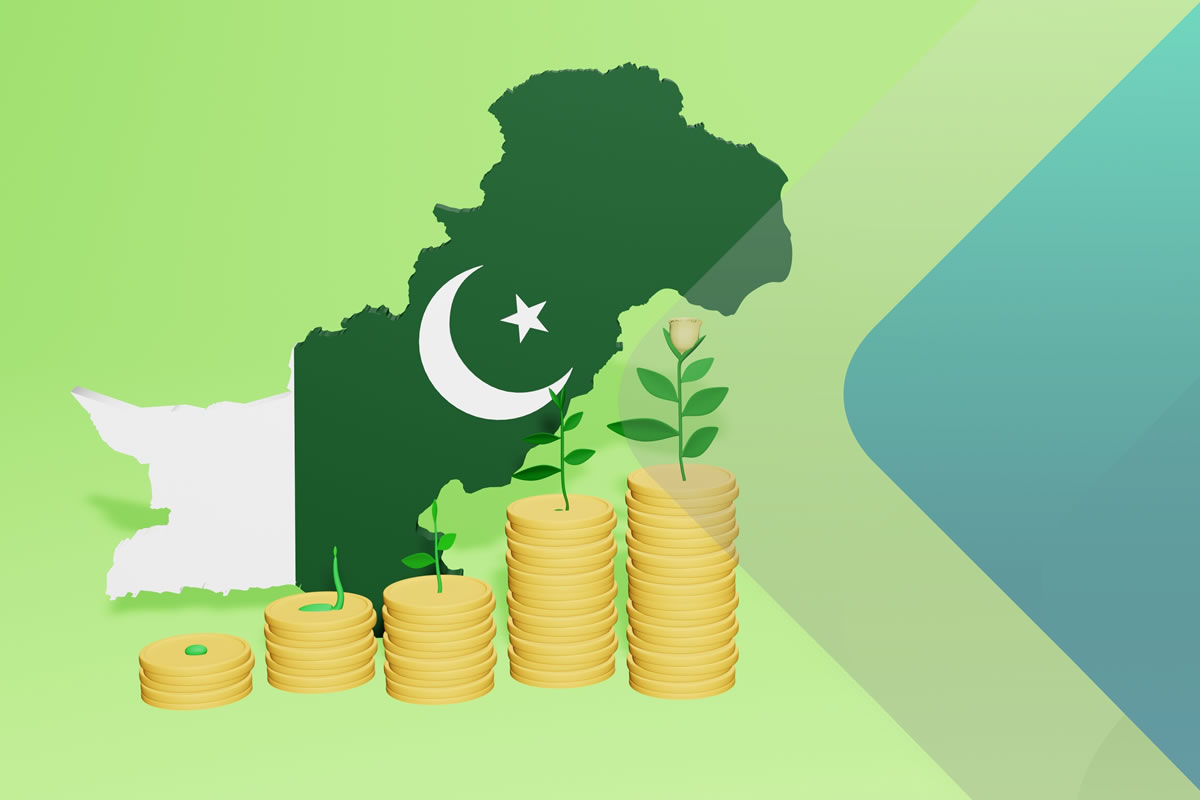Employer Of Record in United Arab Emirates
We make it easy and painless to expand your business into United Arab Emirates. Forget about dealing with local regulations, confusing tax laws and international payroll management. We take care of all that so you don't have to.
Accelerate your growth into United Arab Emirates Compliantly and hassle-free
How we can help you expand in United Arab Emirates
As your EOR in United Arab Emirates we’d help you expand by hiring employees and running their payroll without establishing a local branch office or subsidiary.
Your candidate is hired by a PEO in United Arab Emirates provider in accordance with local labor laws and can be onboarded in days instead of the months it typically takes. Shortly after, your new employee will be working for you, just like any other member of your team.
Expand to United Arab Emirates with Serviap Global
Through our PEO and EOR services, you can hire qualified talent in your industry without the trouble of opening your own legal entity.
In just a few days, you can easily and safely build a presence in United Arab Emirates being sure that your staff will be hired in compliance with labor and tax regulations.
Quick Facts
Currency:
UAE Dirham (AED)
Capital:
Abu Dhabi
Payroll Cycle:
Monthly
Language(s):
Arabic
United Arab Emirates Country Facts
The United Arab Emirates is a country in Western Asia located on the Arabian Peninsula, with ports on the Persian Gulf. It’s an elective monarchy that’s formed with the federation of seven emirates. Arabic is the official language of the country, and the official religion is Islam.
The country has an economy that’s literally fueled by natural gas and oil, but has come to be diverse with technology, education, infrastructure and healthcare.
The Economy
The economy of the UAE has exploded in the last 50 years. Economic growth in this time has been monumental. Growth for the average real GDP was nearly 4% between the years of 2000 and 2018. Since the country gained independence in 1971, its economy grew almost 231 times, reaching 1.45 trillion AED in 2013.
The country has the seventh-largest oil deposits in the world. But, there’s also been significant investment from foreign entities that have fueled high-tech industries, tourism and infrastructure.
The Importance of Small and Medium-sized Companies
Small -and medium-sized companies (SMEs) are extremely important in the UAE. In fact, more than 94% of all companies that operate in the country fall under the category of SMEs. This includes 76% in the retail and wholesale sector, 16% in services and 11% in industries. Overall, SMEs employ more than 86% of the total workforce and contribute more than 60% to the GDP.
Population Characteristics
The UAE has a population of just less than 10 million people, with a majority (88.52%) being immigrants. The country has a high migration rate of 21.71, which is the largest in the world. It’s very difficult to gain citizenship in the UAE, which contributes to this rate.
The population is very diverse ethnically. The largest nationalities are Indian (25%), Pakistani (12%), Emirati (9%), Bangladeshi (7%) and Filipino (5%). Much of the population (88%) lives in urban areas. It also has the highest life expectancy (76.7 years) of any Arab country.
There’s a gender imbalance in the population, with a male-to-female ratio of 2.2 males for every one female. This is the second-highest ratio in the world.
Economic Opportunities
The UAE government is always seeking to attract outside investment into the country. While it has stringent rules on visas, they don’t tax personal income — leading many people to want to come to the country to work. They’ve also invested heavily in IT infrastructure and other programs to rank them on the world scale.
Key Sectors of the National Economy
Oil and gas are the main industries in the UAE. They have the seventh-largest oil deposits in the world. Butit’s not all about energy. Non-oil trade in the country has grown roughly 28 times between 1981 and 2012, as the country has invested in attracting companies in many other industries.
Human Talent
Students studying in a field that falls under STEM education (science, technology, engineering, and mathematics) are mostly women in the UAE. This bucks a major trend around the world. In the UAE, almost 80% of all computer science students are female. In engineering, roughly 44.5% of students are female, again above most other developed countries.
Masdar City in Abu Dhabi
In the city of Abu Dhabi is a planned city project called Masdar City. The government helped provide seed money for the project. The city relies completely on renewable energy and solar energy resources. It will be the host of the International Renewable Energy Agency.
Technological Ecosystem
The UAE has a good ICT infrastructure. The country has pumped money into technology, hoping to attract new high-tech companies to the region.
Facilities for Foreign Investment
The UAE is hyper-focused on foreign investment and makes it very easy for foreigners to do business there. The World Bank Group, in fact, ranks the country as the 26th best to do business with. It’s also a great country for talented workers, as they don’t have a system of personal income tax
Business Culture in United Arab Emirates
Business in the UAE is all centered around respect. Remember that it is also an Islamic country, making the culture much more conservative than some other places in the U.S. or Europe
- Weekends Change
Weekends there fall on Friday and Saturday rather than Saturday and Sunday. - Make Friends
It’s key to establish personal relationships in business dealings there. Also, understand that Emiratis often understand western culture more than other foreigners who live and operate there. - Small Talk
Be prepared to engage in socializing and small talk, even during important times of important meetings.
United Arab Emirates Gastronomy: regional and traditional cuisines
The cuisine in the UAE is based on three staples — meat, fish and rice.
Much of the country’s cuisine is based on foreigners who brought food from their countries, such as Pakistan, Oman, India, Iran and Saudi Arabia.
In terms of meat, the people there prefer to eat mutton and lamb, to beef and goat.
General Highlights
| Year | 2022 |
| Country | United Arab Emirates |
| Capital | Abu Dhabi |
| Num. States / Province | Seven emirates |
Principal Cities | Dubai Abu Dhabi Sharjah Al Ain Ajman Ras Al Khaimah |
| Language | Arabic |
| Local Currency | UAE dirham (AED) |
Major Religion | Islam (76%) Christianity (12.7%) Hinduism (7.5%) Buddhism (1.8%) Other/None (2%) |
| Date Format | DD/MM/YYYY |
| Thousands Separator Format | 999,999,999.99 |
| Country Dial Code | +971 |
| Time Zone | United Arab Emirates Standard Time (UTC +4) |
| Population | 9,890,400 (92nd in the world) |
| Border Countries | West and South: Saudi Arabia; East and Northeast: Oman |
| Continental surface | 83,600 KM2 (114th in the world) |
| Fiscal Year | January 1 to December 31 |
| VAT % | 5% |
| Minimum Wage | No minimum wage |
| Taxpayer Identification Number Name in the country | Tax Registration Number (TRN) |
| Current President | Khalifa bin Zayed Al Nahyan |
What you need to know about employing personal in United Arab Emirates:
Laws and Agencies that regulate labor relationships
| Laws | Brief Description |
| Constitution of the United Arab Emirates | The document that provides the political and legal framework of how everything in the UAE operates. |
| New Labor Law (Federal Law No. 33 of 2021) | Applies to all companies as well as employees in the private sector. |
| Tax Code | The laws that govern how taxes are levied and collected |
| General Pension and Social Security Authority | The agency responsible for all social programs in the UAE. |
Key Tax and Labor Authorities
The Ministry of Human Resources and Emiratisation (formerly known as the Ministry of Labour) |
The agency responsible for overseeing all relations between employer and employee, and maintaining rights for all workers in the private sector. |
Social Security Regime | UAE nationals pay a 5% tax while employers pay a 12.5% tax for social security. |
Labor Contracts (Examples input)
| Federal Law No. 33 of 2021 | This is a new law that was put into place that brought with it reforms to employment law in the country. It replaced Federal Law No. 8 of 1980. |
| Contracts | All employees must work on a fixed-term employment contract that can’t last more than three years. It can be extended beyond that time. |
Work Hours | Working hours are capped at 8 per day and 48 per week, for six days each week. Some businesses can increase this to 9 hours per day. Working hours must be reduced by 2 per day during Ramadan.
Workers can’t work more than 5 hours in a row without taking a break for at least 1 hour for food, prayer and rest.
Workers get a weekly holiday on Friday. Workers who must work on their day off are entitled to 150% pay rate or a one-day paid leave. |
| Probation Period | Employers can terminate a worker’s employment during the probationary period as long as they give 14 days of notice in writing. |
Basic Requirements
Labor law dictates contracts must contain:
- Date that employment is to start
- Place and nature of the job
- Length of the contract
- Salary amount
- Date contract will end
Payroll
Workers employed on a monthly or annual basis have to be paid once a month at least. All others must be paid at least every two weeks. All payment must be made in local currency (AED).
- Paid time off
- Vacation leave
- Maternity leave
- Pilgrimage leave
- Mandatory health insurance for all employees, spouses and dependents (in Dubai and Abu Dhabi)
| Minimum Wage | UAE doesn’t have a minimum wage. Employers with more than 50 workers in a non-free zone have to provide accommodations to workers who earn a monthly salary of less than 2,000 AED. |
| Wages | All workers employed on either a monthly or annual basis have to be paid at least once every month. Other employees have to be paid at least every two weeks. All salaries must be paid in AED. |
| Overtime | Overtime is capped at 2 hours per day. Overtime pay is equal to 125% of normal pay. If the hours worked are between 9 p.m. and 4 a.m., the rate increases to 150%. |
Vacations or PTO | Workers get paid leave based on how many years they’ve been with a business. • 6 months-1 year: 2 days per month • 1+ year: 30 days per year |
Leaves of Absence Employees have the right to paid absences for the following things: | Employees are entitled to up to 90 days of sick leave. It is paid based on the following schedule. • 0-15 days: Full pay • Next 30 days: Half pay • Last 45 days: No pay Employees who exceed these 90 days are subject to be terminated by the employer, and they’d be entitled to a gratuity. |
Employers Contribution or Labor Cost
Employers are subject to taxes and other costs for having employees. Employers cannot recover these costs..
Annual Taxable Income
The United Arab Emirates doesn’t impose an income tax on any individuals.
Corporate Tax Rates
Corporate tax is only levied on foreign banks and oil companies. There are also 45 free zones within the coun- try. Additionally, businesses registered here can be exempted from all taxes for a certain period of time.
Types of Disabilities
There is no statutory leave in the United Arab Emirates, other than maternity and paternity leave.
Maternity Leave
Maternity leave will be increased to 60 days under the country’s new labor law. Of this, 45 days will be given as full pay, with 15 days at half pay. Employees are now also entitled to paid maternity leave for new-born deaths and stillborn babies. If women suffer an illness related to their pregnancy, they are now also entitled to 45 more days of leave.
Fathers can take five days of paid leave in the six months that follow the birth of a child.
Public Holidays
| Date | Holiday Name |
| January 1 | New Year’s Day |
| May 2-5 (likely) | Eid al-Fitr |
| July 8-9 (likely) | Day of Arafat |
| July 9-12 (likely) | Eid al-Adha |
| July 29-30 (likely) | Islamic New Year |
| October 7-8 (likely) | Mawlid |
| November 30 | Commemoration Day |
| November 30 | National Day |
Termination
The Labor Code outlines rules for termination of an employment contract:
| Type of Termination | Brief Description |
| No cause | Either party can terminate the employment relationship for “good cause” as long as they give written notice |
Written Notice | The notice period is dependent on how long an employee has been with the company. • Less than 5 years: 30 days’ notice • 5-10 years: 60 days’ notice • 10+ years: 90 days’ notice |
Other forms of compensation upon termination include
Severance (gratuity) pay grades are based on the following table:
Length of Employment | Severance Amount |
1-5 years | 21 days per year |
5+ years | 30 days per year |
You might be interested in reading...
Your one-stop global hiring solution. Secure, reliable, compliant

Premium Support
No matter how big or small, we are ready to answer all your questions- anytime, anywhere.

Regional expertise
Our team of in-country experts help you navigate new markets and cultural nuances

Top-tier Benefits Packages
Great talent deserves great benefits. We offer a competitive range of benefits so that you only attract top-tier talent worldwide.

You remain 0% liable
Shift the worry from your shoulders to ours! We stay on top of regulations so you’re always 100% complaint with local laws







